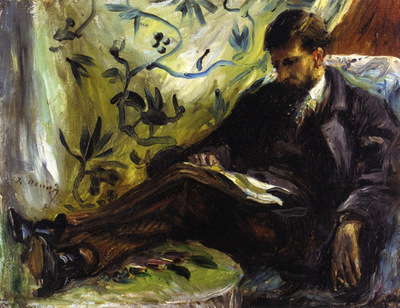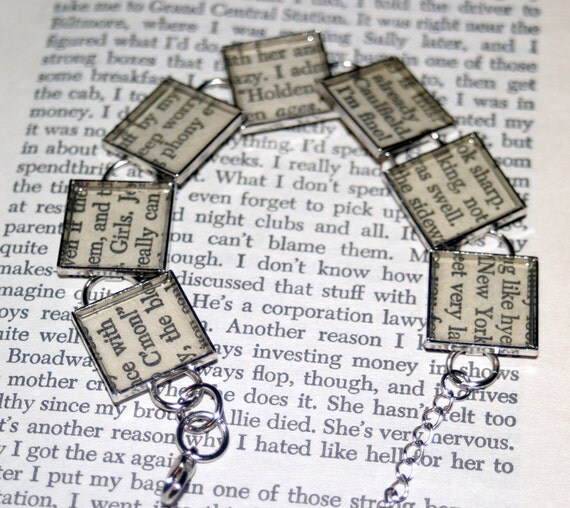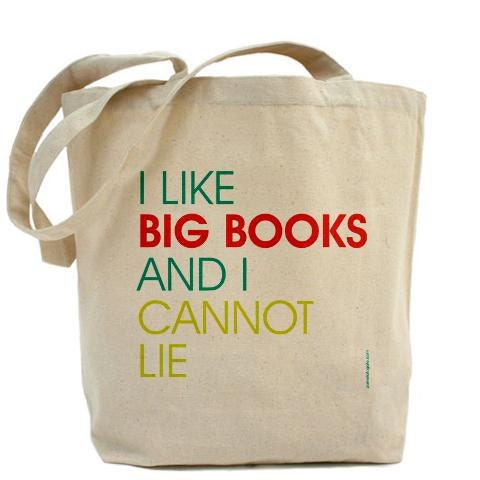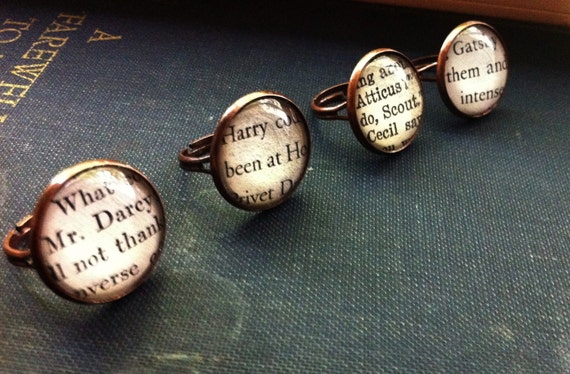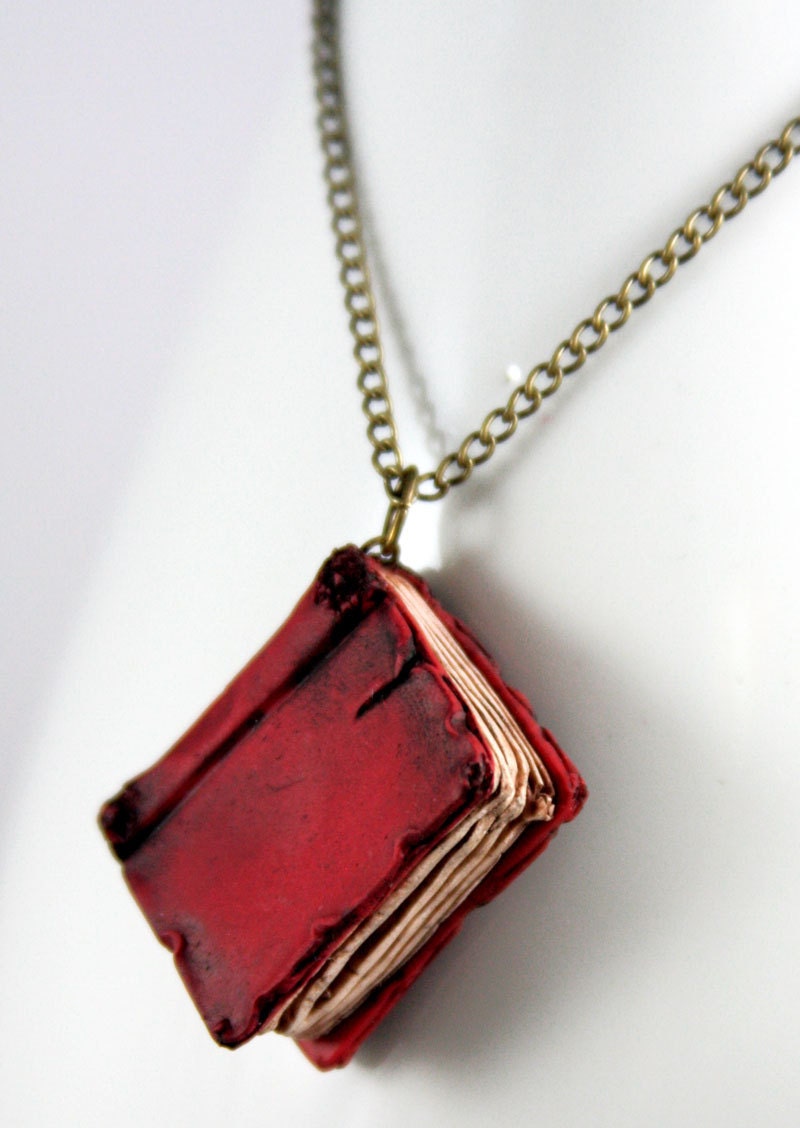There have been a number of articles and blog posts on the subject of pen names. This post is not meant to rehash the various reasons for adopting a pseudonym or to examine the foibles of doing so in today’s social media environment. Rather, we examine the pen name as a venerable literary tradition and explore the customary methods of concocting one. That’s where all the fun is anyway.
From tiny tweaks to complete re-inventions of character, authorial aliases have always run the gamut. Some writers change only their last name- John Irving, instead of Blunt- while others tinker only with their first name- Cormack, instead of Charles McCarthy.
Some pick and choose some combination of names from the abundant mouthfuls of syllables written on their birth certificates. Joseph Conrad and Anatole France come to mind (born Józef Teodor Konrad Korzeniowski and Jacques Anatole François Thibault, respectively).
Some, regardless of name length, have decided to throw the whole thing out and start over from scratch. Mark Twain (Samuel Clemens), Aynd Rand (Alisa Rosenbaum) and George Orwell (Eric Blair) are examples of this school.
Still others combine this wholesale change philosophy and go one step simpler than Conrad and France by assuming an elegant, one-word handle. Voltaire and Stendhal, you’ll readily agree, are infinitely cooler monikers than François-Marie Arouet and Marie-Henri Beyle. But using a one-word pen name to dial the bad-boy quotient up to 11 probably isn’t for everyone- especially in this age of mononymous pop-stars.
Then, of course, you’ve got your gender benders. There were the Bell brothers, Acton and Ellis and Currer, who turned out to be the Brontë sisters, Anne and Charlotte and Emily. But in that day there were lots of women who guessed they’d sell better as men. George Eliot (Mary Anne Evans) was one. George Sand (Amandine Aurore Lucile Dupin) was another. This second faux-George not only took on a dude’s name, but attracted sideways glances by sporting men’s clothing, as well.
You’ve also got your androgynous initial-takers: S.E. Hinton (Susan Eloise) and J.K. Rowling (Joanne, no middle name) among them. And I would include J.D. Robb in this group if that author didn’t already headline a more curious head-scratcher of a category: pen names that have absolutely no purpose. {The J.D. Robb books I’ve come across are all marketed with the confusing cover attribution “Nora Roberts, writing as J.D. Robb.” I get that Penguin is trying to cross-sell to her original audience, but the whole thing seems a little cock-eyed. That’s like going to see a movie because the poster says, “Steven Spielberg, directing as Marv Perkins.”}
But even allowing for some stinkers like the Robb alias, I’m an avowed fan of pseudonyms and love few things more than conjuring them up. I used to pen satirical poems for open-mic poetry night under the mysterious nom de guerre of Mt. Kenmore. Was it a name? An abbreviation? A mistyped acronym or initials? Was I merely the offspring of eccentric parents? Those questions and more were the burden of my audience and bolstered my black-turtle-necked mystique.
So, if you find yourself in need of an eponym, I’ll offer what little advice I can.
The following are what I consider to be poor motives in constructing your name:
· Choosing Aaron or Aikworth as a last name, in the vain hope that you’ll one day appear on the top shelf of the bookstore’s fiction section. Lame. This isn’t the yellow pages. If you’re book is worth finding, people will search for it.
· Choosing a name so close to that of a famous author that you can’t help but be seen together on the same shelf. There’s almost zero chance I’m going to pick up a book by Zachary Faulkins, just because I’m searching for William Faulkner and happen to see it in the vicinity.
· Choosing a name that is evocative of a famous author in the hopes their shine will rub off on you. If you’re planning to write under the name of T.S. Fitzhemingjoyce or Leo Nabokstoevsky, you’d probably better be in the humor section.
So what criteria should you choose as you construct your pen name? There is really only one:
· Make it cool. It’s a pen name, for crying out loud. It’s your one chance to throw off the chains of being Harold Snodgrass and become Alistair Gilchrist, Emory Stanton, Thibadeaux Sykes or Jewett McFadden. (See? I could do this all day!)
So blow it up in the comments. What are the coolest pen names you can come up with?




